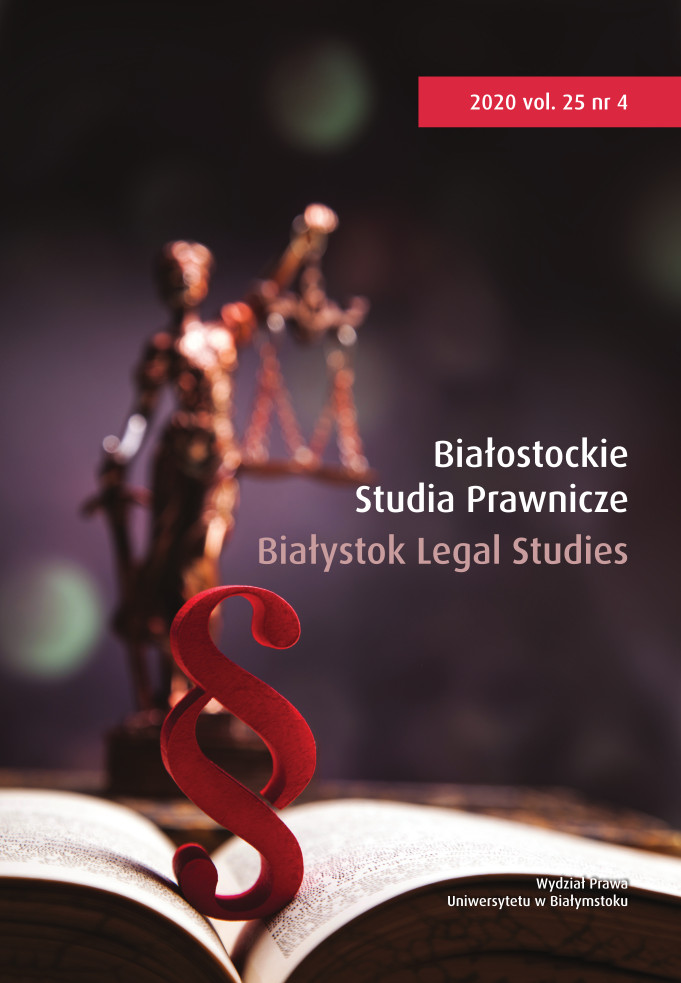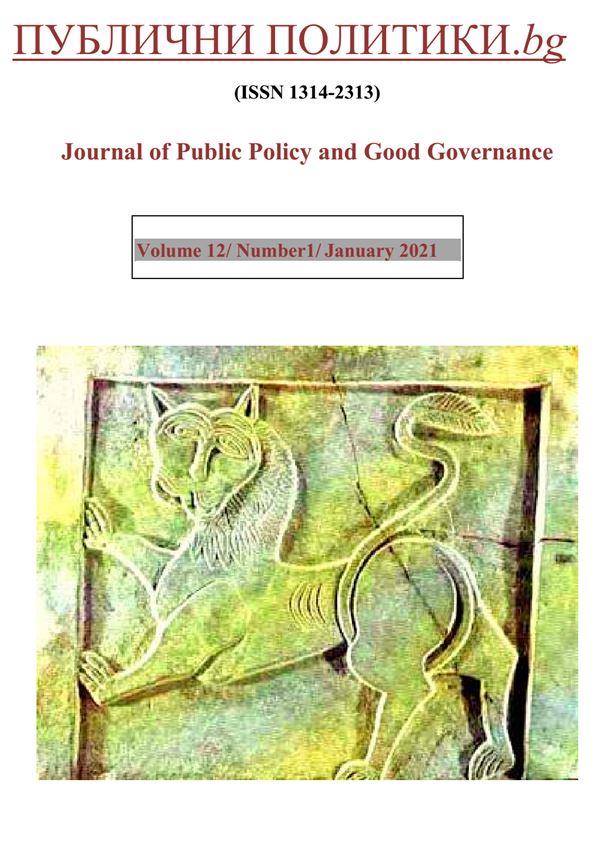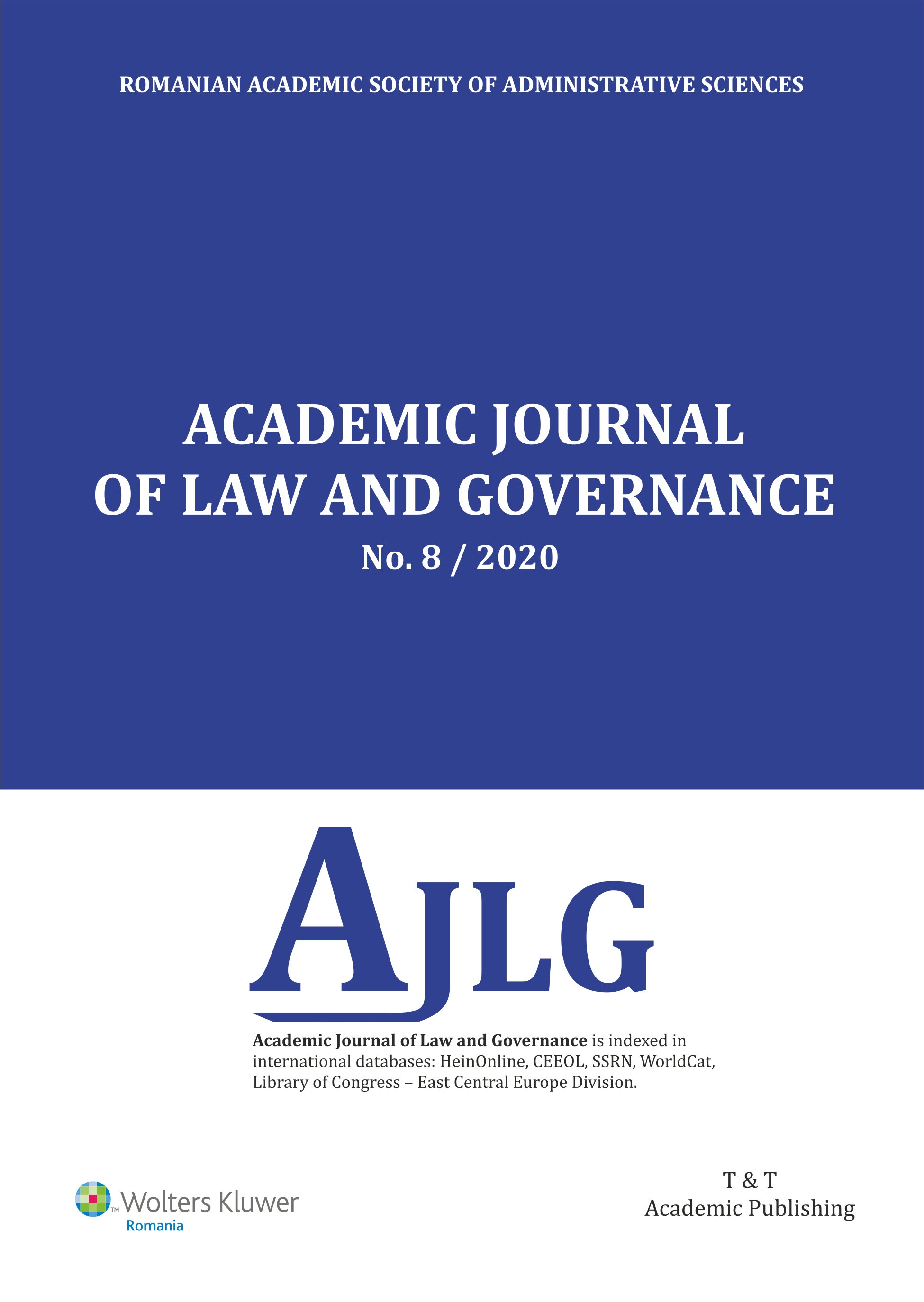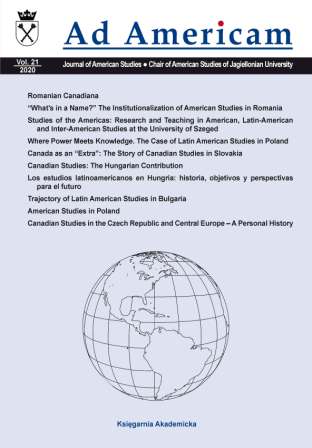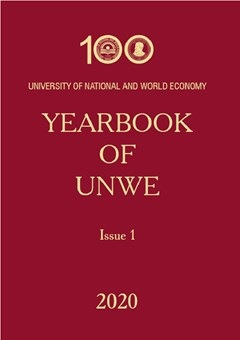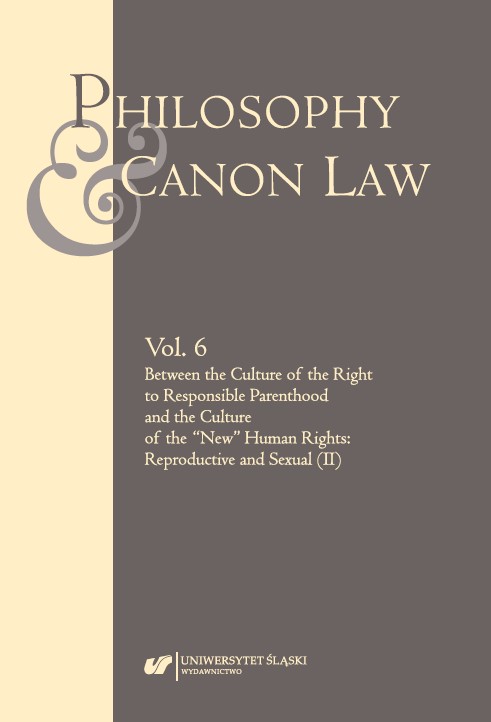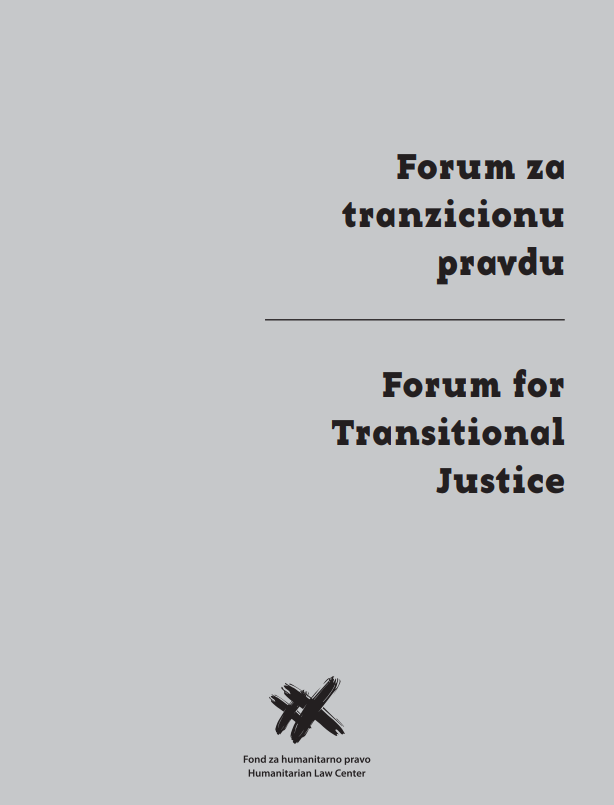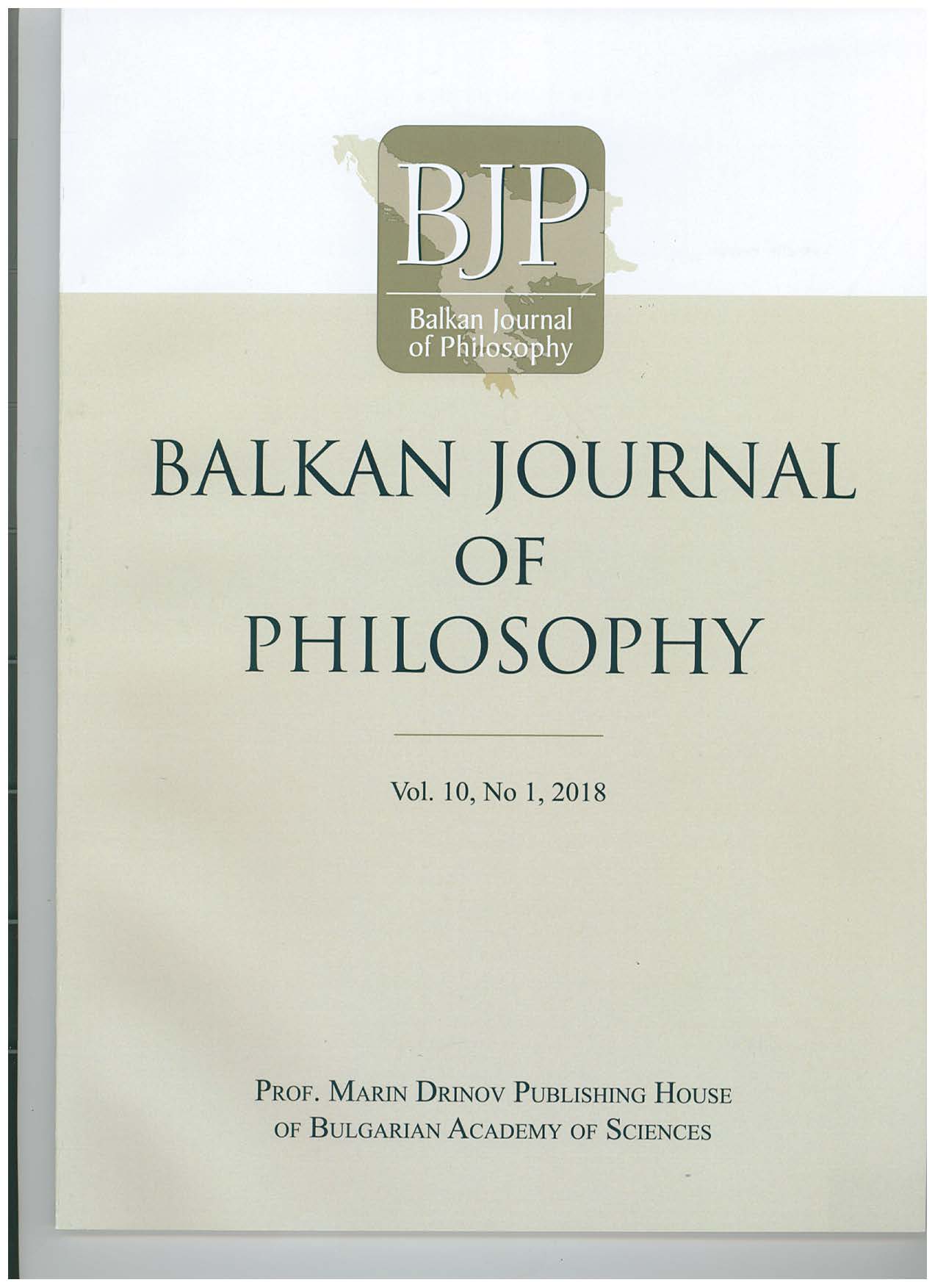
Looping effects of neurolaw, and the precarious marriage between neuroscience and the law
In the following article we first present the growing trend of incorporating neuroscience into the law, and the growing acceptance of and trust in neuroscience’s mechanistic and reductionistic explanations of the human mind. We then present and discuss some studies that show how nudging peoples’ beliefs about matters related to human agency (such as free will, decision-making, or self-control) towards a more deterministic, mechanistic and/or reductionistic conception, exerts an influence on their very actions, mentality, and brain processes. We suggest that the neuroscientific view of the human mind exerts an influence on the very cognitive phenomena neuroscience falsely believes to be studying objectively. This holds especially when we consider the systematic integration of neuroscience into the public domain, such as the law. For, such an integration acts as a reinforcement of the public’s and legal decision-makers’ endorsement of and trust in neuroscience’s view of human nature that further changes how people think and act. Such looping effects of neurolaw are probably inevitable. Accordingly, we should be aware of the scope of neuroscientific explanations and be careful not to overstate neuroscientific evidence and findings in legal contexts.
More...
